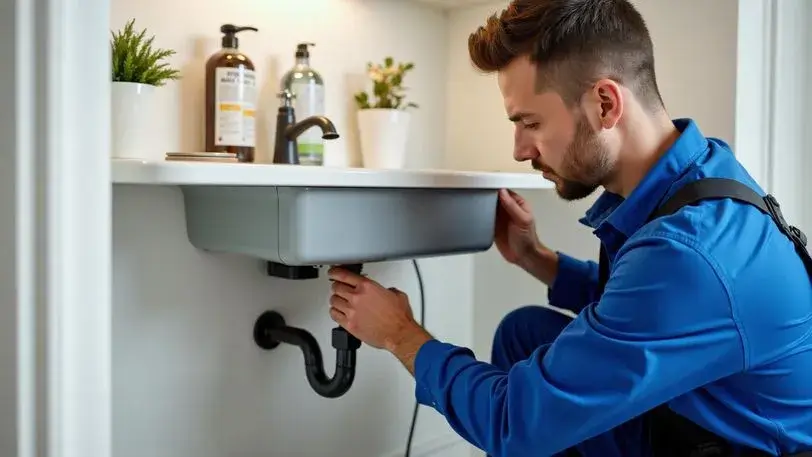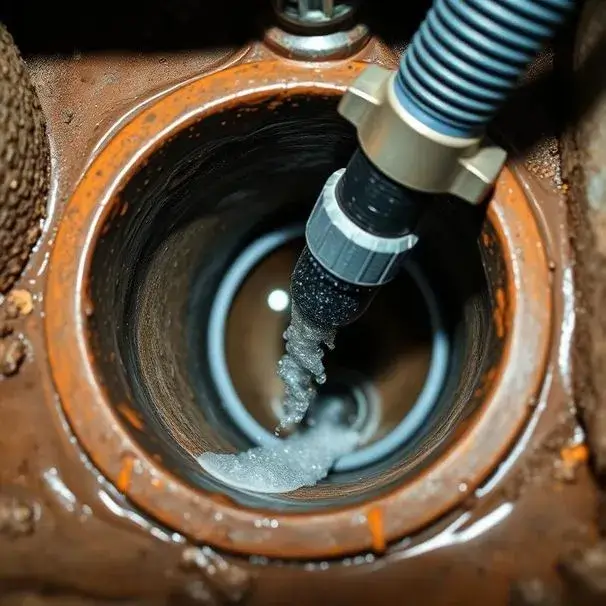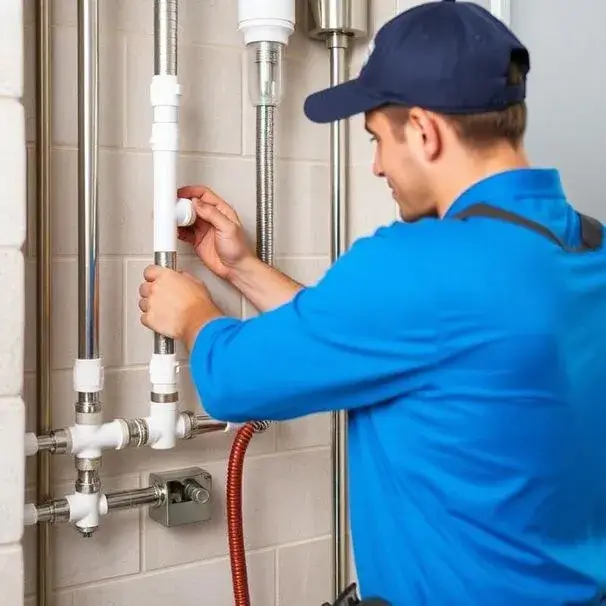Professional Plumbing Services
Expert Plumbing Solutions You Can Trust
24/7 Emergency Repairs • Reliable Service • Licensed & Insured
Our highly experienced plumbing technicians will quickly diagnose and solve your plumbing issues. We offer reliable repair, replacement, and installation services for a wide variety of plumbing systems and components.

Licensed & Insured
Fully certified professionals
24/7 Availability
Emergency service anytime
Experienced Team
Years of expertise
Quality Work
Satisfaction guaranteed
Our Plumbing Services
From emergency repairs to complete installations, we provide comprehensive plumbing services for your home or business.
Frequently Asked Questions
Find answers to common questions about our plumbing services
Yes. Every plumber in our network is fully licensed, bonded, and insured. We only work with vetted, background-checked professionals.
Most of our plumbers offer same-day and emergency service. Many can be at your door in as little as 30–90 minutes for urgent issues like burst pipes or no hot water.
Absolutely. The plumber will give you a firm price before any work begins—so no surprises on your bill.
We cover the entire country. Just enter your zip code or call and we’ll confirm service in your exact location.
Yes! Our emergency hotline is open 24 hours a day, 365 days a year—including Christmas and New Year’s.
Everything: leaky faucets, clogged drains, running toilets, water heater repair/replacement, burst pipes, sewer line issues, sump pumps, low water pressure, and full repiping jobs.
Yes—most of our plumbers provide a 1-year warranty on parts and labor, and many offer a 100% satisfaction guarantee.
Definitely. Describe your problem when you call and the plumber will give you a free, no-obligation price range right over the phone.
Need Plumbing Services Right Now?
Our team is standing by 24/7 to help with your plumbing emergency
Call Now: (844) 578-2593

